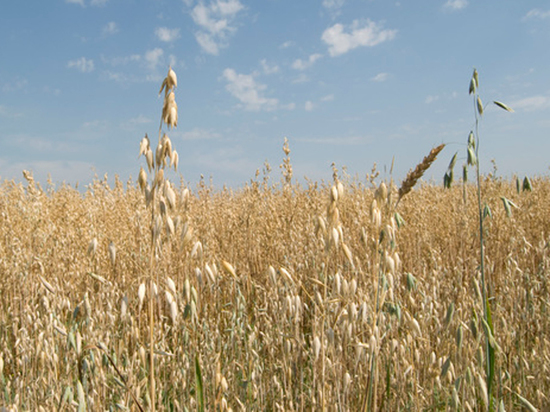Experts assessed the benefit of Russia in the possible extension of the grain deal
[ad_1]

“Little use”
“The agreement allowing Ukraine to export grain from key ports across the Black Sea will be extended, with Russia remaining in the deal for now,” Bloomberg said Wednesday afternoon, citing its sources in Turkey. Thus, the further fate of the Istanbul agreements, which expired on May 18, became clear. However, it remains to wait for official confirmation. Under any circumstances, Moscow has neither gained nor lost anything, as the de facto deal retains its half-hearted, pared down status.
As Russian media reported the day before, the Ukrainian part of the Istanbul agreements will be extended for another 60 days. In turn, Foreign Ministry spokeswoman Maria Zakharova said on Tuesday, May 16, that Moscow’s move on the grain deal “will be based on the observance of Russian interests.” “An initiative that brings unilateral benefits can hardly be recognized and confirmed by everyone,” Russian Deputy Foreign Minister Sergei Vershinin had noted a few days earlier.
The last time the deal was extended in mid-March, Russia agreed to do this only for 60 days, until May 18. The Foreign Ministry listed five main “systemic problems” that do not allow a different decision. These are: reconnection of Rosselkhozbank to the SWIFT international payment system; resumption of supplies of agricultural machinery and spare parts for it in the Russian Federation; lifting the ban on insurance and access to ports for Russian ships and cargo; unblocking foreign accounts of Russian producers of mineral fertilizers; restoration of ammonia supplies via the Togliatti-Odessa pipeline.
The implementation of the grain deal as a whole is also hampered by conceptually different approaches to the format of the agreements. The European Union sees it not as a package agreement, but as two separate, autonomous agreements. Moreover, their signatories differ: in the case of the Memorandum of Understanding (on the removal of restrictions on the access of Russian agricultural products to the world market), it is Russia and the UN, and in the case of the Black Sea Grain Initiative (on the creation of a safe corridor for the export of Ukrainian grain from three ports) – Russia , Turkey, Ukraine and the UN. But official Moscow insists on the package nature of the deal, which is invalid without the implementation of one of the two documents synchronously signed in July 2022 in Istanbul.
“The extension of the deal is clearly beneficial for Erdogan, it adds political points to him on the eve of the second round of the presidential elections in Turkey,” says Nikita Maslennikov, a leading expert at the Center for Political Technologies. – But from an economic point of view, nothing changes for the participants. Ukraine exported grain from its Black Sea ports and continues to do so. For Russia, there is no progress and, it seems, is not expected. Problems with the charter of ships, insurance, port calls remain. The same impasse is with Russian fertilizers stuck in European ports, with the Russian Agricultural Bank, with the Odessa-Togliatti ammonia pipeline, which is idle not for technical, but solely for political reasons.”
In a word, the extension of the Black Sea Initiative in its current form does not bring any benefit to Moscow. From the standpoint of Russian grain exports (which, by the way, are not declining in volume) and, in general, economic feasibility, it is, in fact, neither cold nor hot. In terms of global market conditions, the Food Price Index (FAO) remains stable, with wheat falling 2.3% in April, to its lowest level since July 2021. Almost nothing was gained from the deal by the developing countries of Africa, which were most in need of additional food (Ukrainian grain went mainly in other directions). As a result, Maslennikov concludes, the deal has become a hostage to political games that emasculate its true purpose.
“Yes, it made it possible to restrain the growth of world food prices, primarily for wheat,” says Artem Deev, head of the analytical department at Amarkets. – But at the same time, as follows from the reports of the UN and the World Trade Organization, Ukrainian grain was sent to Europe instead of the poorest countries of the Black Continent. As a result, Kiev mainly benefited from the deal, while Russian exporters still had problems: obligations towards them were not fulfilled, all restrictions on bank payments, insurance remain, export of agricultural products and fertilizers from the Russian Federation is difficult.”
[ad_2]
Source link






